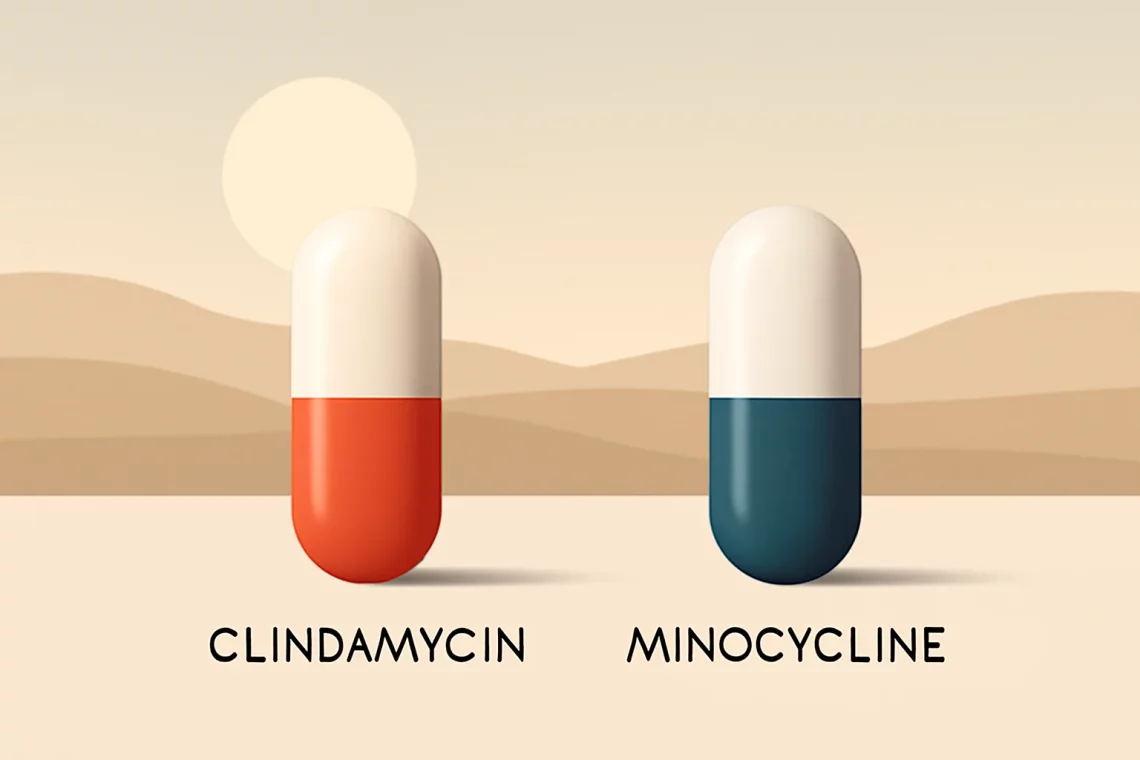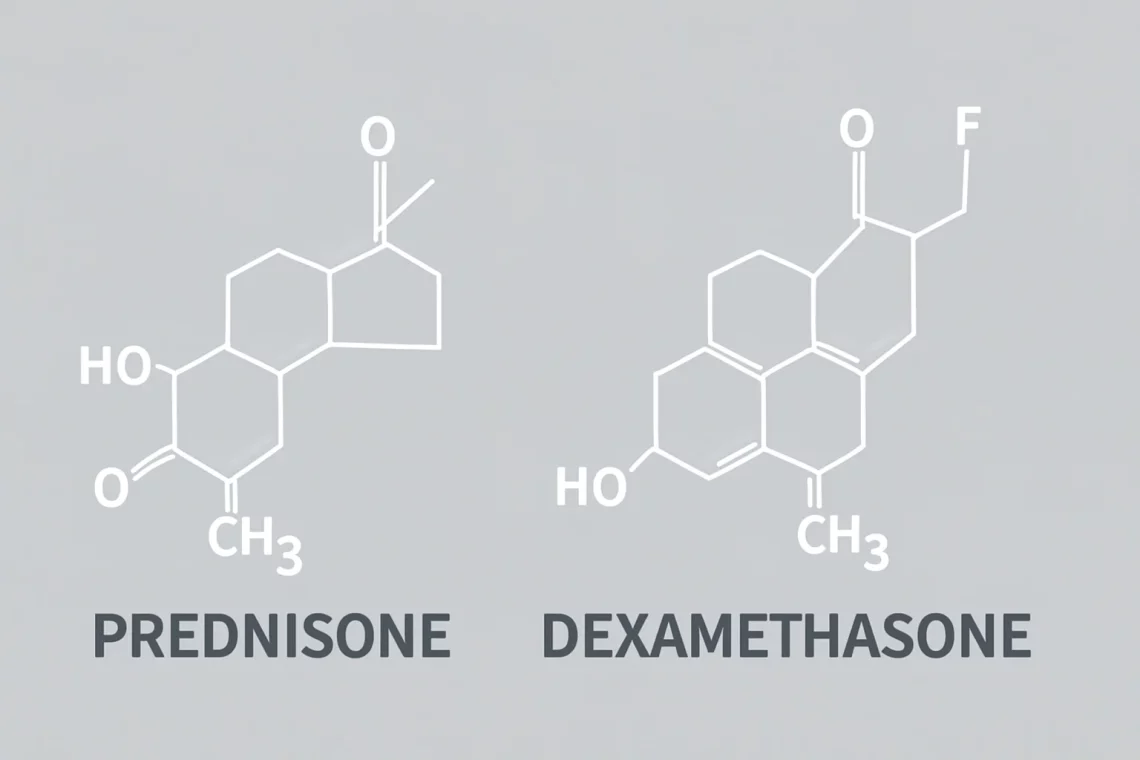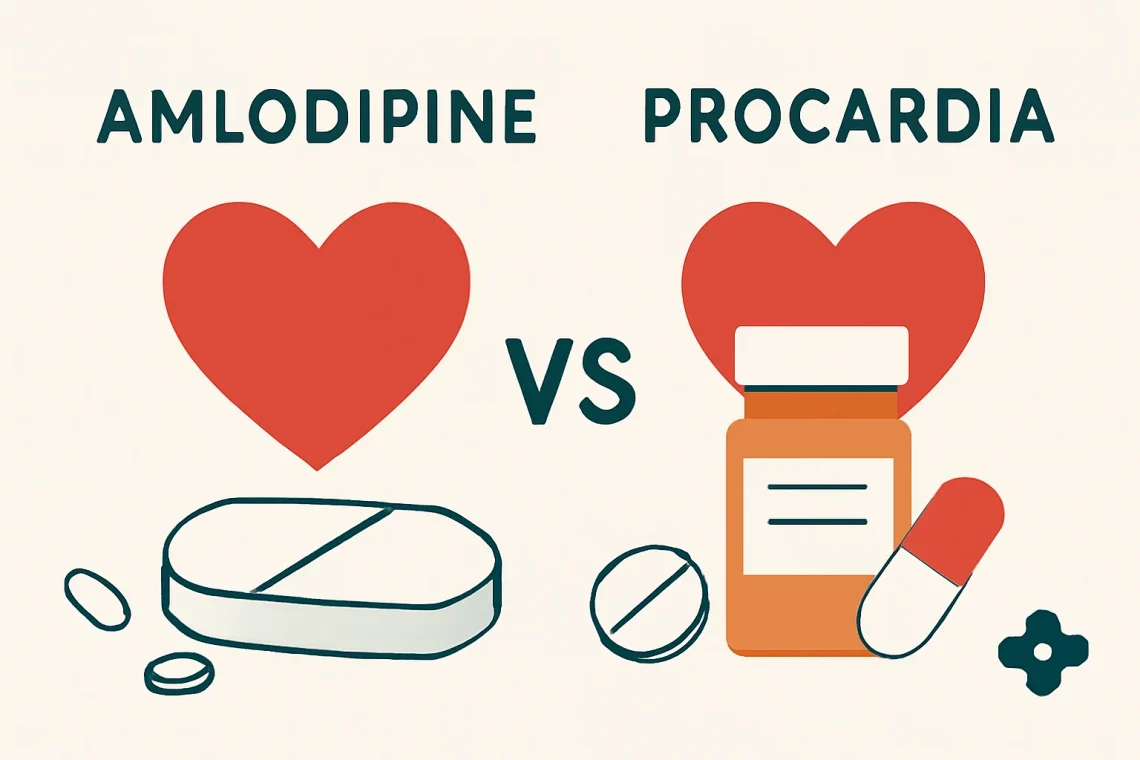Lifestyle
-
Clindamycin vs Minocycline: Choosing the Right Antibiotic for You
Clindamycin and minocycline are two antibiotics commonly used in the treatment of various bacterial infections. Both medications belong to different classes of antibiotics, each with its unique mechanism of action, spectrum of activity, and side effects. The use of antibiotics has become increasingly important in managing infections, particularly in an era where antibiotic resistance is a growing concern. Understanding the differences between clindamycin and minocycline can help healthcare providers make informed decisions about which antibiotic to prescribe for specific infections. While both are effective against certain bacteria, they may be preferred in different clinical scenarios. Additionally, factors such as patient history, potential side effects, and the specific type of infection…
-
Omeprazole vs Rabeprazole: A Comprehensive Comparison of Two PPIs
Omeprazole and rabeprazole are two medications that belong to a class of drugs known as proton pump inhibitors (PPIs). These medications are widely used to treat various gastrointestinal disorders, primarily by reducing the production of stomach acid. For many individuals suffering from conditions such as gastroesophageal reflux disease (GERD), peptic ulcers, or Zollinger-Ellison syndrome, PPIs provide significant relief by alleviating symptoms and promoting healing of the esophagus and stomach lining. Despite their similarities in action, omeprazole and rabeprazole have distinct characteristics that may influence a physician’s decision when prescribing these medications. Factors such as efficacy, side effects, drug interactions, and patient-specific considerations can all play a role in determining which…
-
Adderall vs Strattera: Choosing the Right ADHD Medication for You
Attention deficit hyperactivity disorder (ADHD) affects millions of individuals worldwide, leading to challenges in focusing, organizing, and managing daily tasks. As awareness around ADHD has expanded, so too have the options for treatment. Among the most commonly prescribed medications are Adderall and Strattera, both of which aim to alleviate the symptoms associated with ADHD. However, their mechanisms of action, efficacy, and side effects differ significantly, leading to debates among healthcare professionals, patients, and families regarding the best approach to treatment. The complexity of ADHD necessitates a nuanced understanding of these medications. Adderall, a stimulant medication, is often favored for its rapid action and immediate symptom relief, making it a popular…
-
Clonazepam vs Xanax: Key Differences and Similarities Explained
Clonazepam and Xanax are two medications that fall under the category of benzodiazepines, a class of drugs that are commonly prescribed for anxiety, panic disorders, and certain seizure disorders. Both medications work by enhancing the effects of a neurotransmitter in the brain known as gamma-aminobutyric acid (GABA), which helps to calm the nervous system and reduce excessive neuronal activity. Given their similar mechanisms of action, one might assume that they are interchangeable; however, there are distinct differences in their uses, onset of action, duration, and potential side effects that can significantly impact patient care and treatment outcomes. As mental health awareness continues to grow, the discussion surrounding these medications has…
-
Metformin vs Glucophage: Understanding Their Differences and Uses
Metformin and Glucophage are two terms that are often mentioned in the context of diabetes management. For many individuals diagnosed with type 2 diabetes, understanding the medications available to them is crucial for effective management of their condition. Both Metformin and Glucophage are widely prescribed to help control blood sugar levels, but there is often confusion regarding their differences and similarities. This confusion can stem from the fact that Metformin is the generic name of the medication, while Glucophage is a brand name for the same active ingredient. As the prevalence of diabetes continues to rise globally, it is essential to demystify these medications and understand their mechanisms, benefits, and…
-
Adderall vs Qelbree: Comparing ADHD Medications and Their Effects
Adderall and Qelbree are two medications commonly prescribed for the treatment of attention deficit hyperactivity disorder (ADHD). Both drugs have unique properties and mechanisms of action, making them suitable for different patient needs and preferences. As ADHD continues to be a prevalent condition affecting children, adolescents, and adults, understanding the differences between these medications becomes increasingly important for patients, caregivers, and healthcare providers alike. While Adderall is a stimulant medication that has been widely used for many years, Qelbree represents a newer, non-stimulant option that offers an alternative for those who may not respond well to traditional stimulant treatments or who experience undesirable side effects. The choice between these two…
-
Lyrica vs Baclofen: A Comprehensive Comparison of Uses and Effects
Lyrica and Baclofen are two medications often used to manage different types of pain and neurological conditions. Each has distinct mechanisms of action, benefits, and side effects, making them suitable for various patients and conditions. Lyrica, the brand name for pregabalin, primarily targets neuropathic pain and seizures, while Baclofen is a muscle relaxant predominantly used for spasticity related to neurological disorders. Understanding the differences between these two medications is crucial for patients and healthcare providers in order to choose the most appropriate treatment options. The decision to use Lyrica or Baclofen can be influenced by factors such as the specific condition being treated, the patient’s medical history, and the potential…
-
Lexapro vs Luvox: Choosing the Right Antidepressant for You
The landscape of mental health treatment has evolved significantly over the years, providing individuals with various options to manage their conditions effectively. Among these options, selective serotonin reuptake inhibitors (SSRIs) have emerged as a popular choice for treating anxiety and depressive disorders. Two of the most commonly prescribed SSRIs are Lexapro and Luvox, both of which have established their efficacy in helping patients regain a sense of well-being. As mental health awareness continues to grow, understanding the differences and similarities between these medications becomes increasingly important for patients and healthcare providers alike. Choosing the right medication can be a daunting task, especially with the plethora of options available. Factors such…
-
Prednisone vs Dexamethasone: Key Differences and Uses Explained
Prednisone and dexamethasone are two widely used corticosteroids that play significant roles in the treatment of various medical conditions. These synthetic drugs mimic the effects of hormones produced by the adrenal glands, which are essential for regulating metabolism, immune response, and inflammation in the body. While both medications share similarities, they also possess distinct characteristics that influence their use in clinical practice. Understanding the differences between prednisone and dexamethasone is crucial for healthcare professionals and patients alike. The choice of one over the other can significantly affect treatment outcomes, side effects, and overall patient experience. As corticosteroids, both medications can effectively manage conditions such as allergic reactions, autoimmune diseases, and…
-
Amlodipine vs Procardia: Key Differences and Similarities Explained
High blood pressure and related cardiovascular conditions are prevalent health issues that affect millions of people worldwide. As medical science evolves, various medications are developed to manage these conditions effectively. Among the most commonly prescribed drugs are Amlodipine and Procardia, both of which belong to a class of medications called calcium channel blockers. These drugs help relax blood vessels, making it easier for the heart to pump blood and thereby reducing blood pressure. Understanding the differences and similarities between Amlodipine and Procardia can empower patients to make informed decisions about their treatment options. Both medications have distinct mechanisms of action, side effects, and clinical applications. This nuanced understanding can not…







































